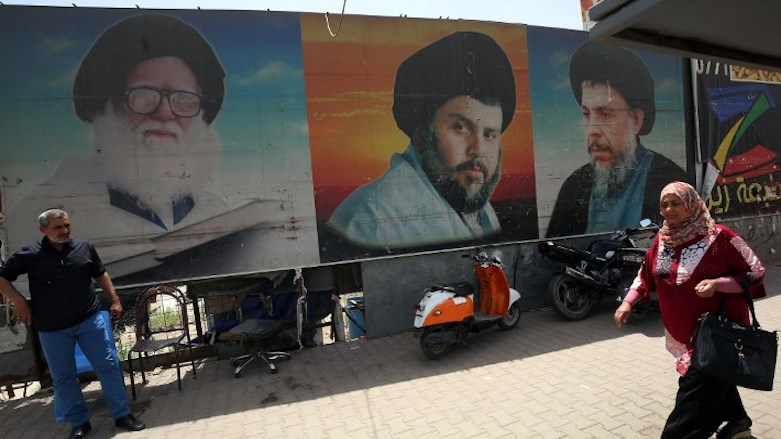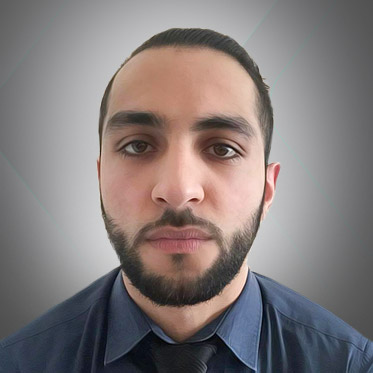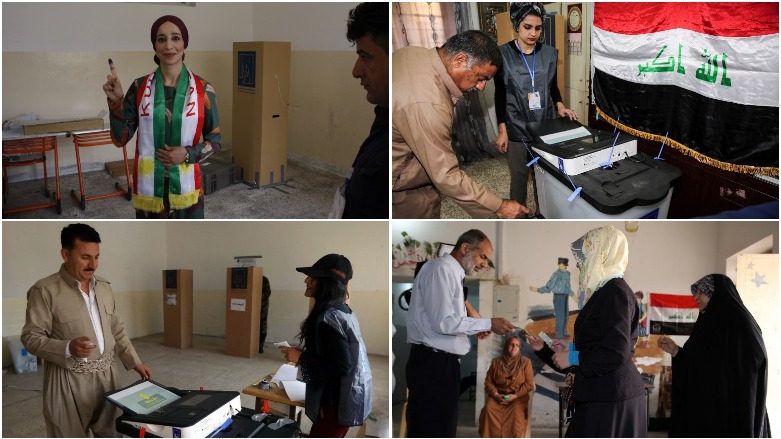EU Ministers ‘hope’ for inclusive, stable government following Iraqi elections

ERBIL (Kurdistan 24) – European foreign affairs ministers on Monday discussed the outcome of the Iraqi elections on the sidelines of an EU Foreign Affairs Council meeting in Brussels, Belgium.
The Iraqi elections were held on May 12, the fourth national election since the fall of Saddam Hussein and his dictatorial regime in 2003 and the first since the defeat of the Islamic State (IS) in the country.
Although over 24 million Iraqis, including three million people in the Kurdistan Region, were eligible to vote in the polls, voter turnout stood at about 44.5 percent—the lowest turnout rate in Iraq in the past 13 years.
Kurdistan 24 correspondent in Brussels, Barzan Hassan, spoke to the foreign affairs ministers of the Netherlands, Belgium, and Austria and asked them about their thoughts on the Iraqi elections.
Dutch Foreign Affairs Minister Stef Blok was brief in his comments, stating he hoped the polls would help establish political stability in the country.
“For Iraq, I also hope for a stable government,” he said. “I hope that the parties will find each other and work together to improve the situation” in the country.
Belgian Foreign Affairs Minister Didier Reynders was more expansive with his remarks as he reiterated his country’s as well as the EU’s readiness to “try to work with the new partners in Iraq, and to try to go to a more and more inclusive situation.”
“It was our request during the conflict, after the conflict, and now it’s the same,” Reynders told Kurdistan 24. “If we want to build a very positive future for Iraq, [there is] only one way to build that: with all the different partners not only inside Iraq but [in] the region” as well.
The Belgian official also pointed to his government’s desire to see an improved relationship between the Kurdistan Regional Government (KRG) and the Iraqi government whose ties have deteriorated since the KRG held a historic independence referendum in September.
“We [will] try to see how it’s possible to have a smooth process between Baghdad and Erbil,” Reynders said, noting, however, that it would be “a real challenge.”

Meanwhile, Austria’s Foreign Affairs Minister Karin Kneissl conveyed her “respect” to all the brave Iraqis who participated in the elections, despite admitting that the voter turnout was considerably low.
“Given all the terror that the Iraqi people had to go through, it’s an act of courage to organize and to go to elections, so for all that I can only express my deep respect,” she stated.
Regarding the formation of the new Iraqi government, Kneissl said she had no advice as the matter was “completely up to the Iraqi people.”
“I’m pretty confident that the Iraqis will be able to solve that among themselves,” she told Kurdistan 24.
“It’s a question of give and take, and it’s a question of personal factors intermingling with interests, but I can only say respect for those who move on and who believe in the future of the country.”
(Kurdistan 24 correspondent Barzan Hassan conducted the interviews in Brussels)

